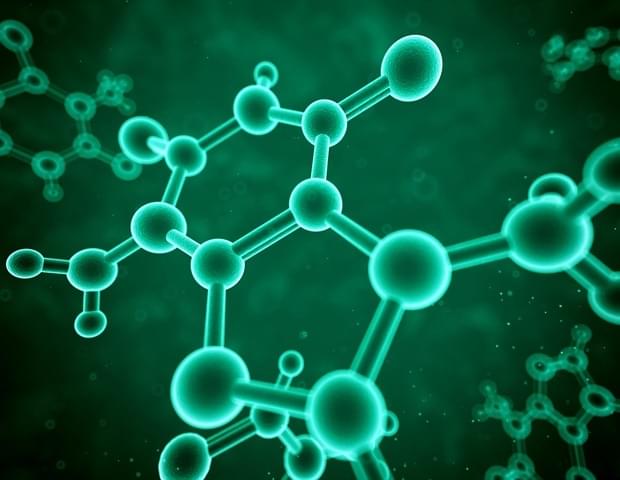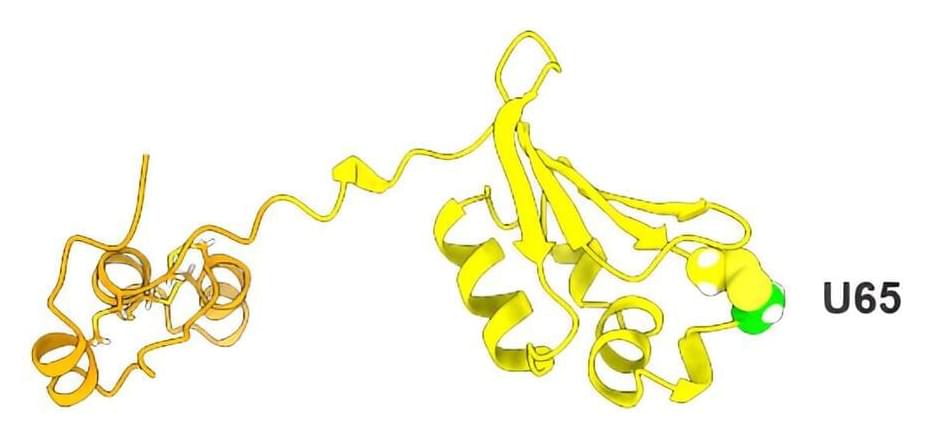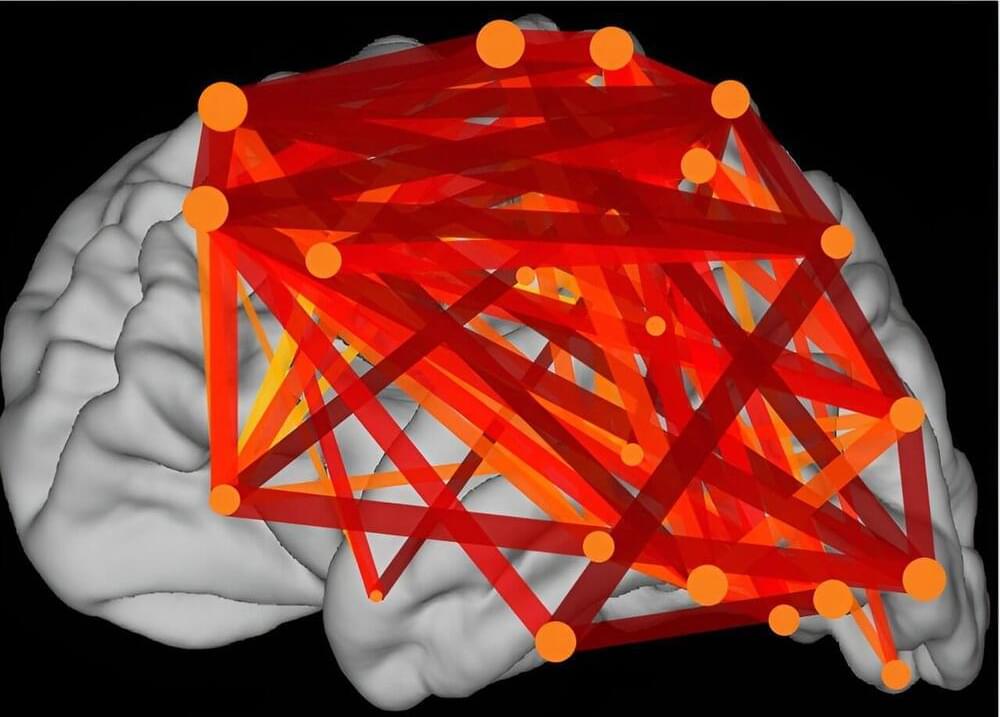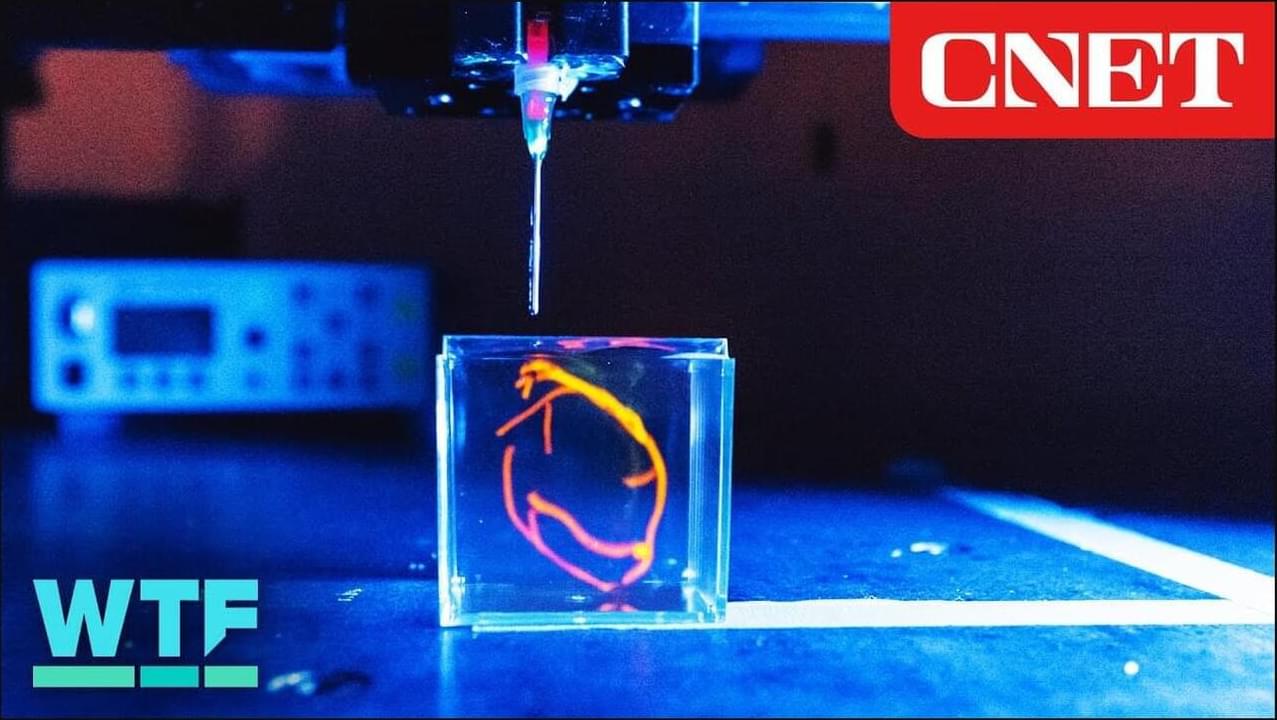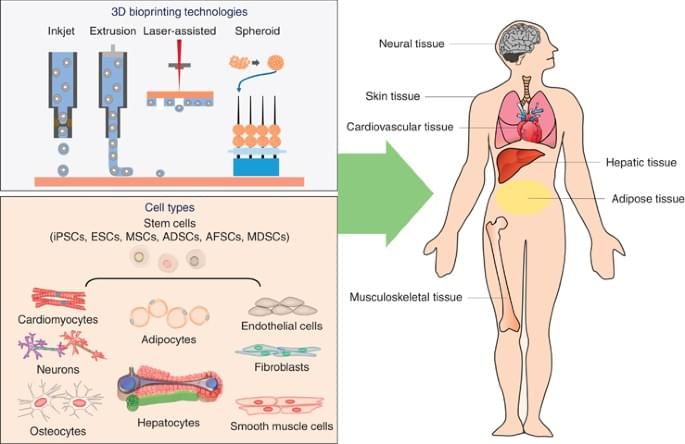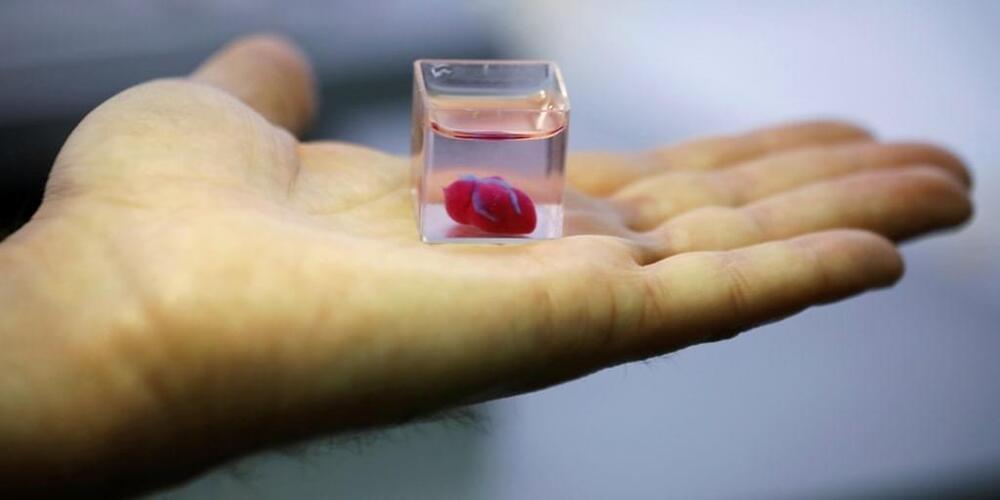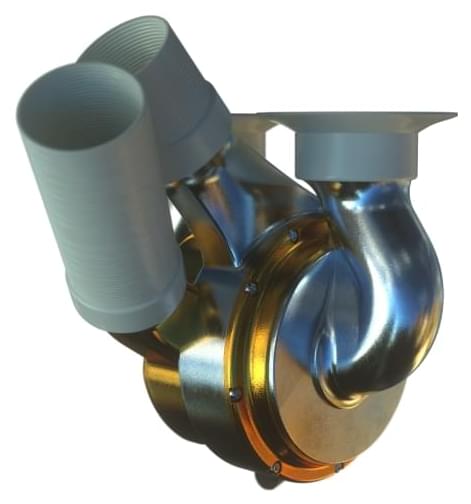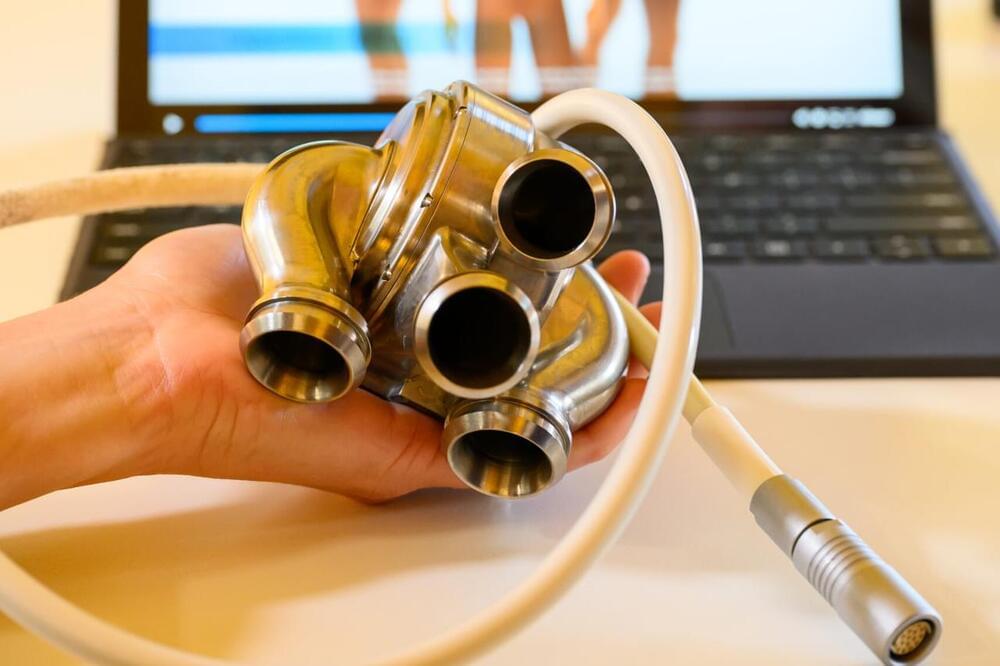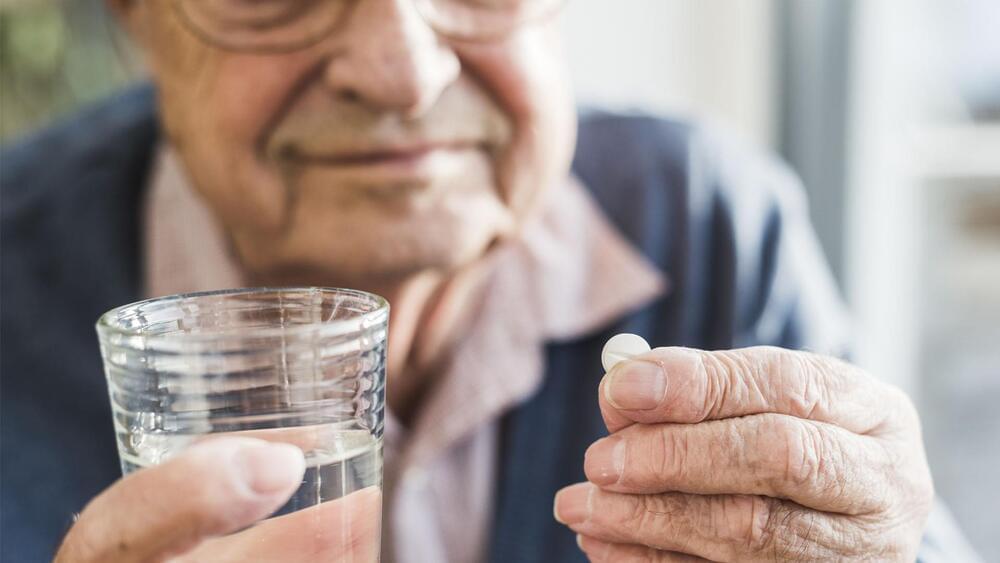
Aging is the major risk factor for the development of chronic diseases such as cardiovascular disease, cancer, diabetes, and dementia. Therefore, drugs that slow the aging process may help extend both lifespan and healthspan (the length of time that people are healthy).
In a study published online on February 29 in Medical Research Archives, Albert Einstein College of Medicine researchers evaluated U.S. Food and Drug Administration-approved drugs for their anti-aging potential. In ranking those drugs, they gave equal weight to preclinical studies (i.e., effect on rodent lifespan and healthspan) and clinical studies (i.e., reduced mortality from diseases the drugs were not intended to treat). The four therapeutics judged most promising for targeting aging were SGLT2 inhibitors, metformin, bisphosphonates, and GLP-1 receptor agonists. Since these drugs have been approved for safety and used extensively, the researchers recommend they be evaluated for their anti-aging potential in large-scale clinical trials.
The study’s corresponding author was Nir Barzilai, M.D., director of Einstein’s Institute for Aging Research, professor of medicine and of genetics and the Ingeborg and Ira Leon Rennert Chair in Aging Research at Einstein, and a member of the National Cancer Institute–designated Montefiore Einstein Comprehensive Cancer Center. The lead author was Michael Leone, a medical student at Einstein.
